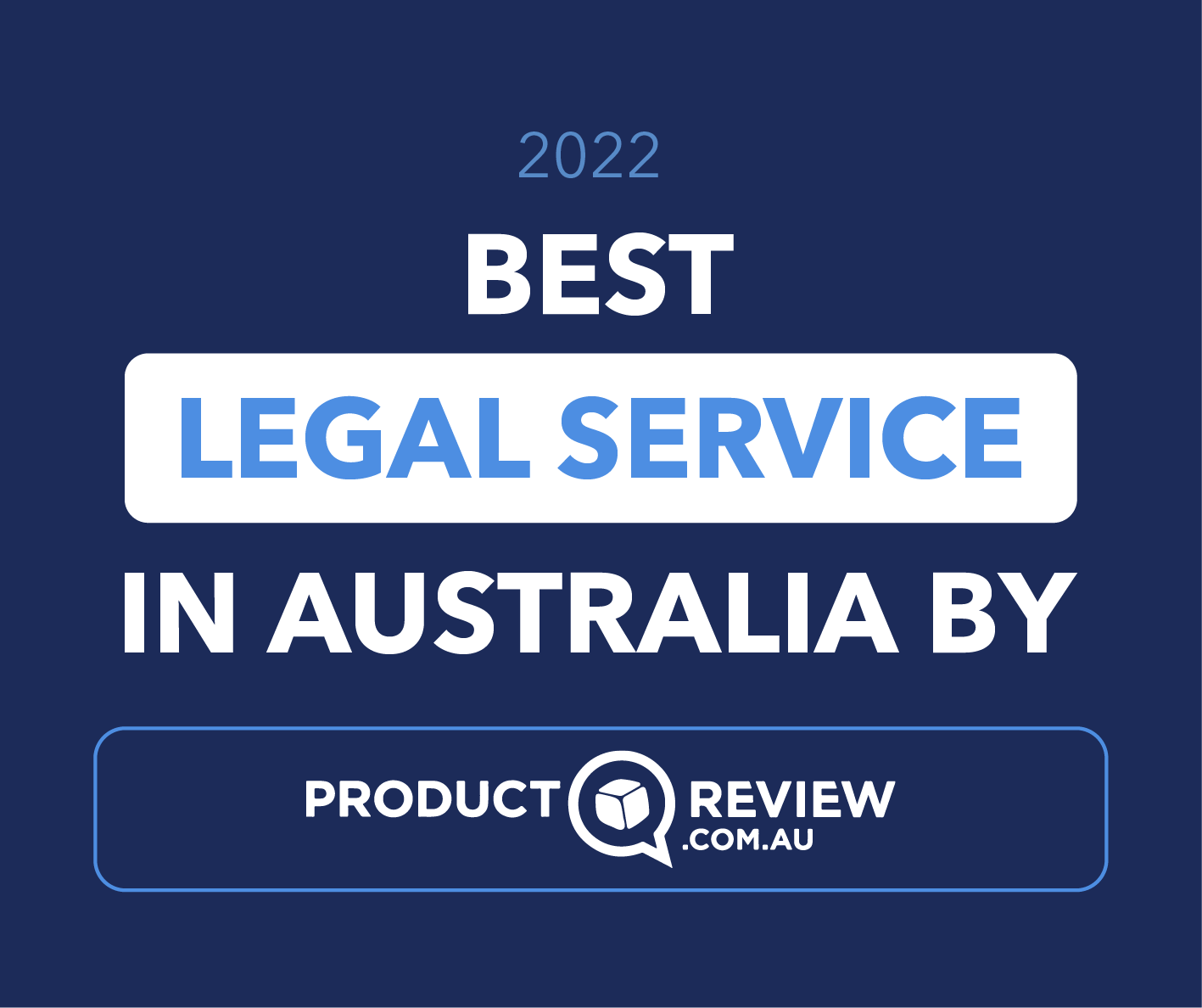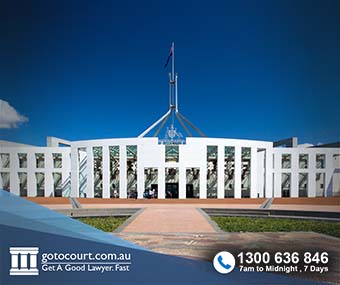Call our lawyers
now
or,
have our lawyers
call you
Facebook in Family Law Matters
Updated on May 03, 2018 • 4 min read • 288 views • Copy Link
Facebook in Family Law Matters
The growing use of Facebook and other social media in recent years has had a range of implications for family law matters. It has become increasingly common for social media posts to be relied on as evidence in these matters. Courts have also started allowing for the service of court documents via Facebook in some circumstances. If you are going through family law proceedings, it is important to be aware of the role social media posts can play and of how the use of Facebook and other platforms can either help or hinder you.
Facebook posts as evidence
The rules of evidence are applied leniently in family law matters, particularly in parenting matters. This is because these matters raise particular evidentiary concerns and the court needs to have all the relevant information in order to make the right decision in the best interests of a child. It is much easier for a party to rely on hearsay evidence in family law matters than in, for example, a criminal matter. This extends to statements made on Facebook and other social media platforms.
If you are going through family law proceedings, it is important to be careful what you post online. Facebook posts may be used as evidence whenever they shed light on what orders a court should make. This may include posts that reveal possible issues with a person’s parenting capacity or posts which are evidence of someone’s financial situation.
It also pays to monitor what the other parties in your family law matter are posting on social media. If they are posting material which contradicts the argument they are running or the claims they are making, this can be used to assist your case.
Situations where social media posts can be relevant to family law proceedings include:
- Facebook posts about a parent’s use of alcohol or illicit drugs if it is being argued that this is a factor which impacts their parenting.;
- Facebook messages which contain threats of violence or admissions of previous violence towards the other parent or the children;
- Posts which refer to any criminal activity or other information about a parent’s lifestyle or the people they associate with, which may be used as evidence of what is in the best interests of the children;
- Instagram photos of a lavish holiday, or a new luxury car that may be used as evidence of your capacity to pay spousal maintenance;
- Your employment history or the businesses you own as listed on LinkedIn as evidence of a failure to provide full and frank disclosure in financial proceedings;
Breaching the Family Law Act
Under Section 121 of the Family Law Act, it is an offence to publish any material that may identify a party or a witness in proceedings before the Family Court or the Federal Circuit Court. This includes the names of children who are the subject of parenting proceedings.
Making Facebook posts about the Family Law proceedings you are going through could therefore amount to a criminal offence, for which you could be sentenced to a period of imprisonment. While it may be tempting to vent about the way your family law matter is proceeding, doing so in public, including online, can have serious consequences.
Serving court documents via Facebook
Initiating applications in family law are required to be served ‘by hand’ (Federal Circuit Court Rules, Rule 6.06). This means that a process server or other qualified person must physically locate the party, hand the documents to them and ensure that they understand the nature of the documents. However, a court may direct that an application may be served in another way if there is a reason why this is necessary.
Where an applicant has taken reasonable steps to serve a party by hand and has been unable to do so, a court may make an order that the person be served in another way. This usually occurs where it is known that the person can reliably be contacted in another way, such as by email or Facebook.
Orders for service to occur via Facebook have become relatively common, as Facebook has become one of the most reliable ways of contacting a person, especially when they are living transiently. However, a court may refuse to make such an order if there is doubt as to whether the person controlling the page is in fact the person required to be served or if there is doubt as to whether the documents will come to the person’s attention.
If you require advice or assistance with a Family Law matter, please contact Go To Court Lawyers.

Affordable Lawyers
Our Go To Court Lawyers will assist you in all areas of law. We specialise in providing legal advice urgently – at the time when you need it most. If you need a lawyer right now, today, we can help you – no matter where you are in Australia.How It Works











1. You speak directly to a lawyer
When you call the Go To Court Legal Hotline, you will be connected directly to a lawyer, every time.


2. Get your legal situation assessed
We determine the best way forward in your legal matter, free of charge. If you want to go ahead and book a face-to-face appointment, we will connect you with a specialist in your local area.


3. We arrange everything as needed
If you want to go ahead and book a fact-to-face appointment, we will connect you with a specialist in your local area no matter where you are and even at very short notice.












